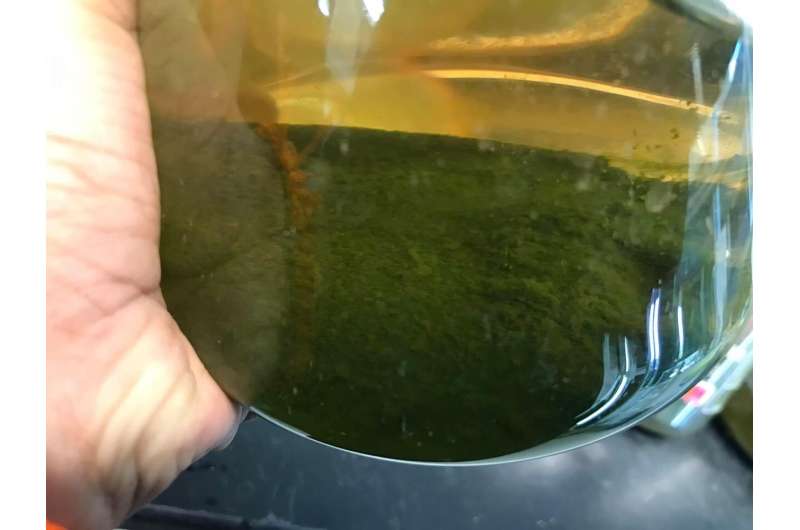Two Aston University researchers have produced high-quality biodiesel after “feeding” and growing microalgae on leftover coffee grounds.
Dr. Vesna Najdanovic senior lecturer in chemical engineering and Dr. Jiawei Wang were part of a team that grew algae which was then processed into fuel.
In just the UK, approximately 98 million cups of coffee are drunk each day, contributing to a massive amount of spent coffee grounds which are processed as general waste, often ending up in landfill or incineration.
However the researchers found that spent coffee grounds provide both nutrients to feed, and a structure on which the microalgae (Chlorella vulgaris sp.) can grow.
As a result, they were able to extract enhanced biodiesel that produces minimal emissions and good engine performance, and meets US and European specifications.
The study appears in Renewable and Sustainable Energy Reviews.
Until now, algae has been grown on materials such as polyurethane foam and nylon that don’t provide any nutrients. However, the researchers found that microalgal cells can grow on the leftover coffee without needing other external nutrients.
They also found that exposing the algae to light for 20 hours a day, and dark for just four hours days created the best quality biodiesel.
Dr. Najdanovic says that “this is a breakthrough in the microalgal cultivation system.”
“Biodiesel from microalgae attached to spent coffee grounds could be an ideal choice for new feedstock commercialization, avoiding competition with food crops.”
“Furthermore, using this new feedstock could decrease the cutting down of palm trees to extract oil to produce biofuel.”
“In southeast Asia this has led to continuous deforestation and increased greenhouse gas emissions.”

